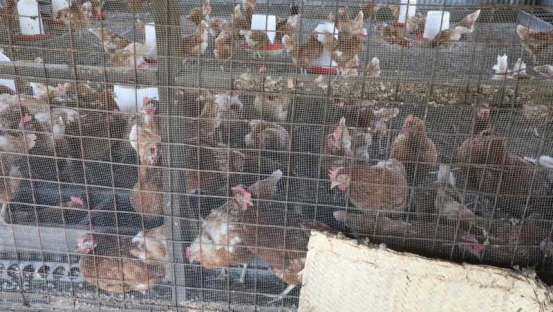×
The Standard e-Paper
Stay Informed, Even Offline

Had the orderlies at the headquarters of the Catholic Church in Turkana not told Smart Harvest that the person we were going to meet was a priest, Concorde Akimana would have easily passed for a farmer trying his luck in the punishing Lodwar climate.
He shows up on the verandah of his house in a grey T-shirt, beige khaki shorts with pockets on the side and gumboots carrying four stacked trays of eggs. The heavy Central African accent in his Swahili notwithstanding, Fr Akimana appears completely at home.